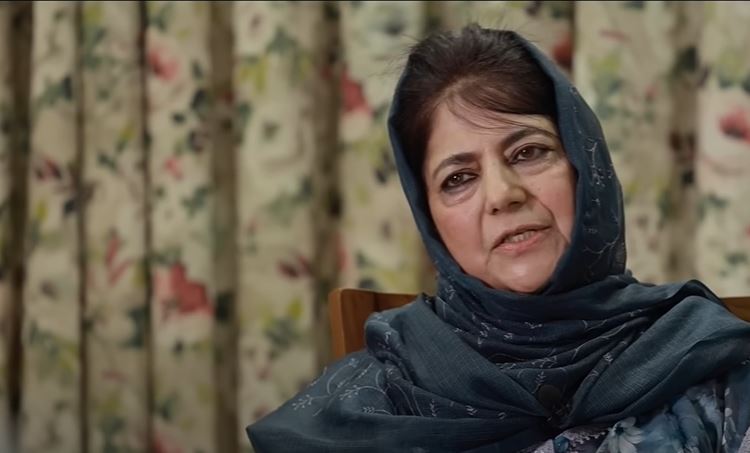Lessons from Bangladesh’s Unrest: A Warning for India’s Future?
The recent political upheaval in Bangladesh, marked by Sheikh Hasina’s resignation and widespread protests, serves as a poignant reminder of the potential consequences of neglecting the concerns of the youth and stifling dissent. The events in Bangladesh have ignited discussions in India about the importance of addressing socio-economic issues and fostering an inclusive political environment.
Mehbooba Mufti’s Clarion Call
People’s Democratic Party (PDP) chief Mehbooba Mufti has highlighted the parallels between the situation in Bangladesh and the challenges faced by the youth in India, particularly in Jammu and Kashmir. She emphasized that neglecting the aspirations of young people, coupled with economic hardships and perceived oppression, can create a fertile ground for unrest.
Economic Discontent and Political Instability
Mufti cautioned that rising inflation, unemployment, and a lack of opportunities for educated youth can lead to disillusionment and frustration, potentially culminating in a crisis similar to the one in Bangladesh. She urged the government to address these issues proactively to prevent such a scenario from unfolding in India.
The Perils of Repression
Mufti’s comments also touched upon the use of stringent laws like the Unlawful Activities Prevention Act (UAPA) and the Public Safety Act (PSA) in Jammu and Kashmir. She suggested that such measures, perceived as oppressive by some, could exacerbate existing grievances and contribute to social unrest.
A Call for Dialogue and Inclusion
The PDP leader’s remarks underscore the need for a more inclusive and responsive political approach in India. She emphasized that addressing the concerns of the youth and creating avenues for their participation in the democratic process is crucial for maintaining social cohesion and preventing future crises.
Key Takeaways:
| Key Learning Points | Description |
|---|---|
| Youth Discontent | Neglecting the aspirations and grievances of young people can lead to social unrest and political instability. |
| Economic Hardships | Rising inflation, unemployment, and a lack of economic opportunities can exacerbate social tensions and fuel dissatisfaction with the government. |
| Oppressive Measures | The use of stringent laws and repressive tactics to quell dissent can backfire and further alienate marginalized groups, potentially leading to a backlash. |
| Importance of Dialogue | Open dialogue, inclusive policies, and a responsive government are essential for addressing grievances and preventing social unrest. |
| Lessons from Bangladesh | The crisis in Bangladesh serves as a cautionary tale for India, highlighting the importance of addressing youth concerns, fostering economic opportunities, and creating a more inclusive political environment. |
Summary:
The political turmoil in Bangladesh has sparked discussions in India about the importance of addressing youth concerns, economic hardships, and the potential consequences of oppressive measures. Mehbooba Mufti’s remarks highlight the need for a more inclusive and responsive political approach to prevent similar crises in India.
Soumya Smruti Sahoo is a seasoned journalist with extensive experience in both international and Indian news writing. With a sharp analytical mind and a dedication to uncovering the truth, Soumya has built a reputation for delivering in-depth, well-researched articles that provide readers with a clear understanding of complex global and domestic issues. Her work reflects a deep commitment to journalistic integrity, making her a trusted source for accurate and insightful news coverage.



